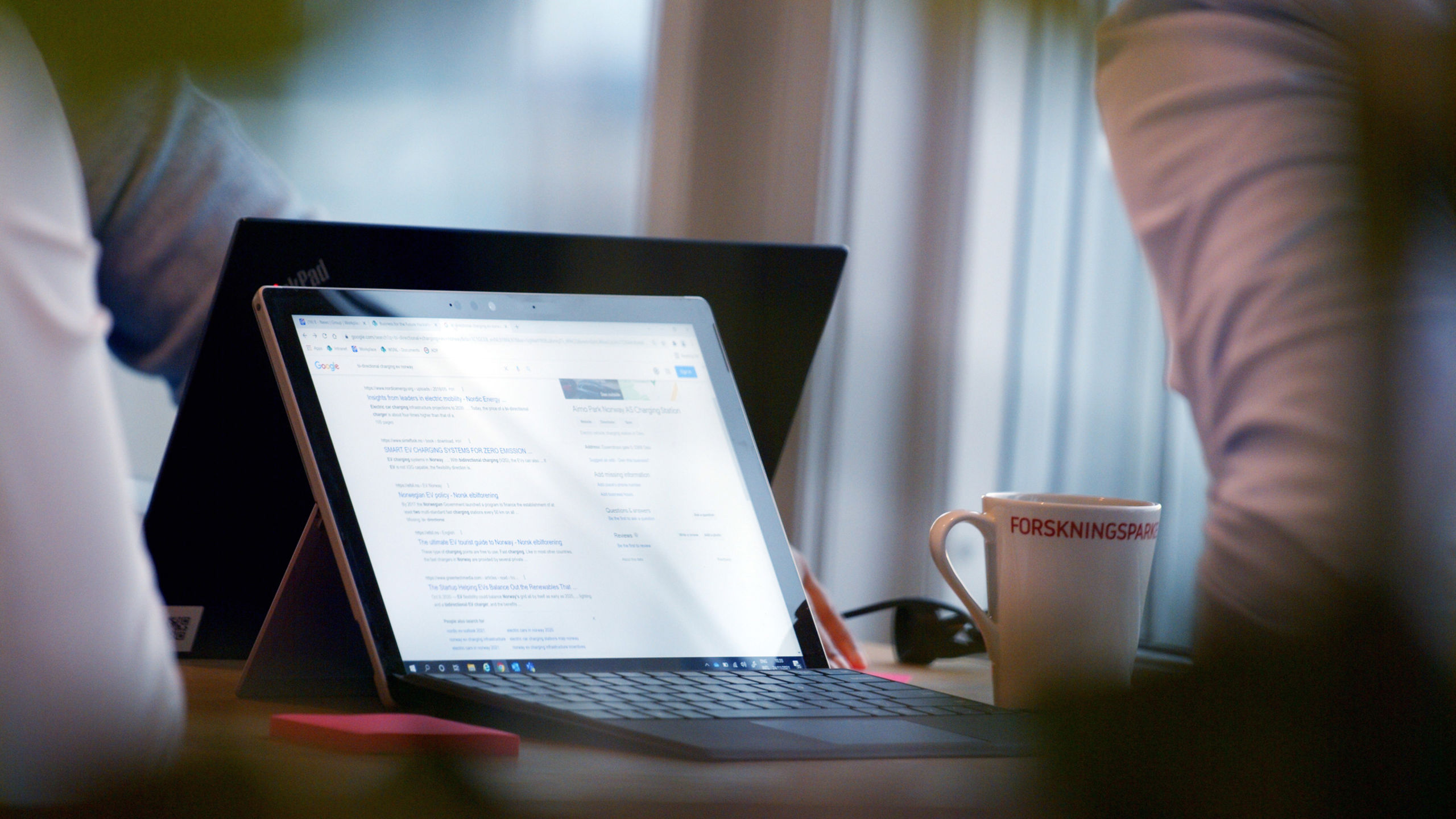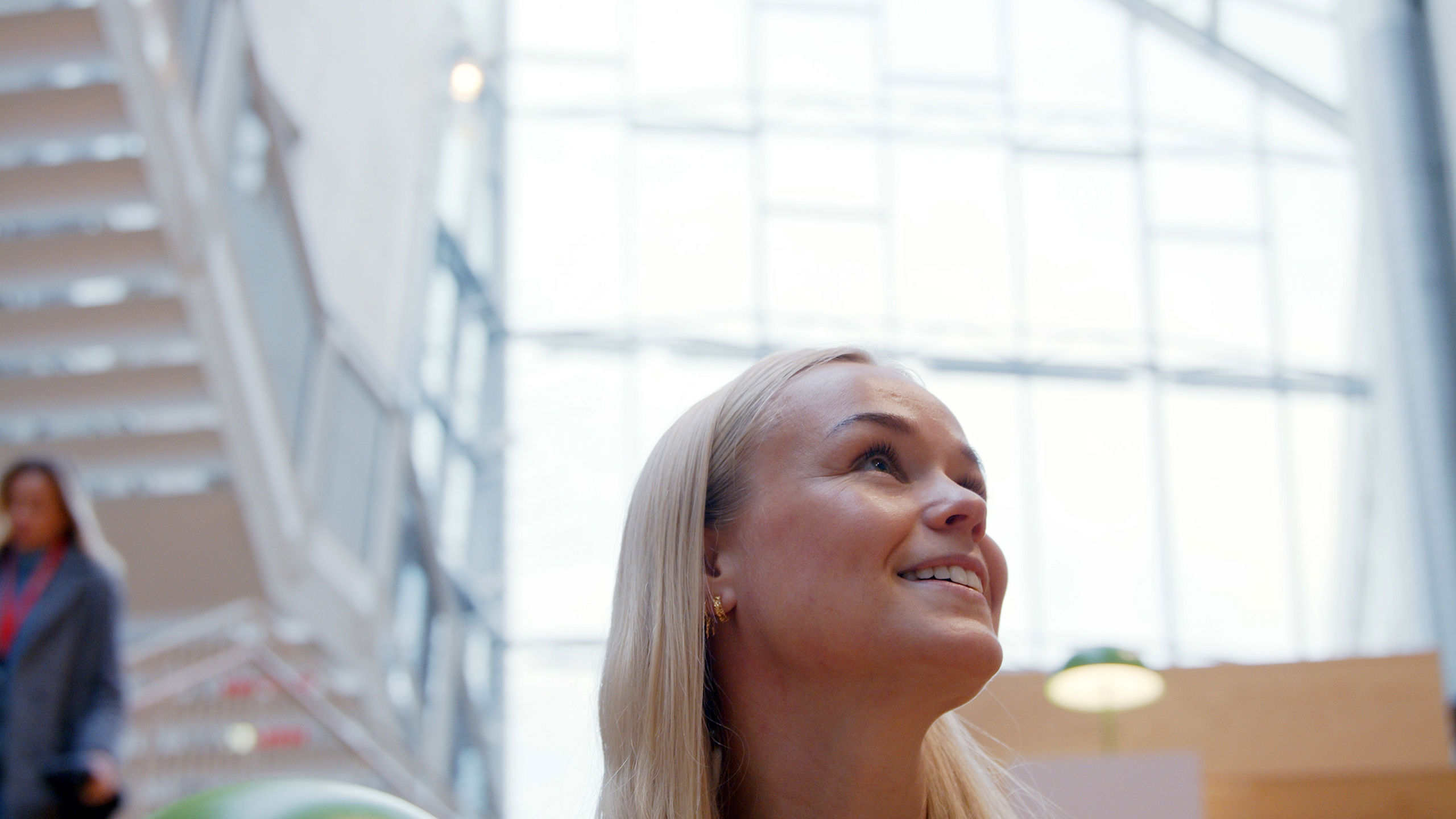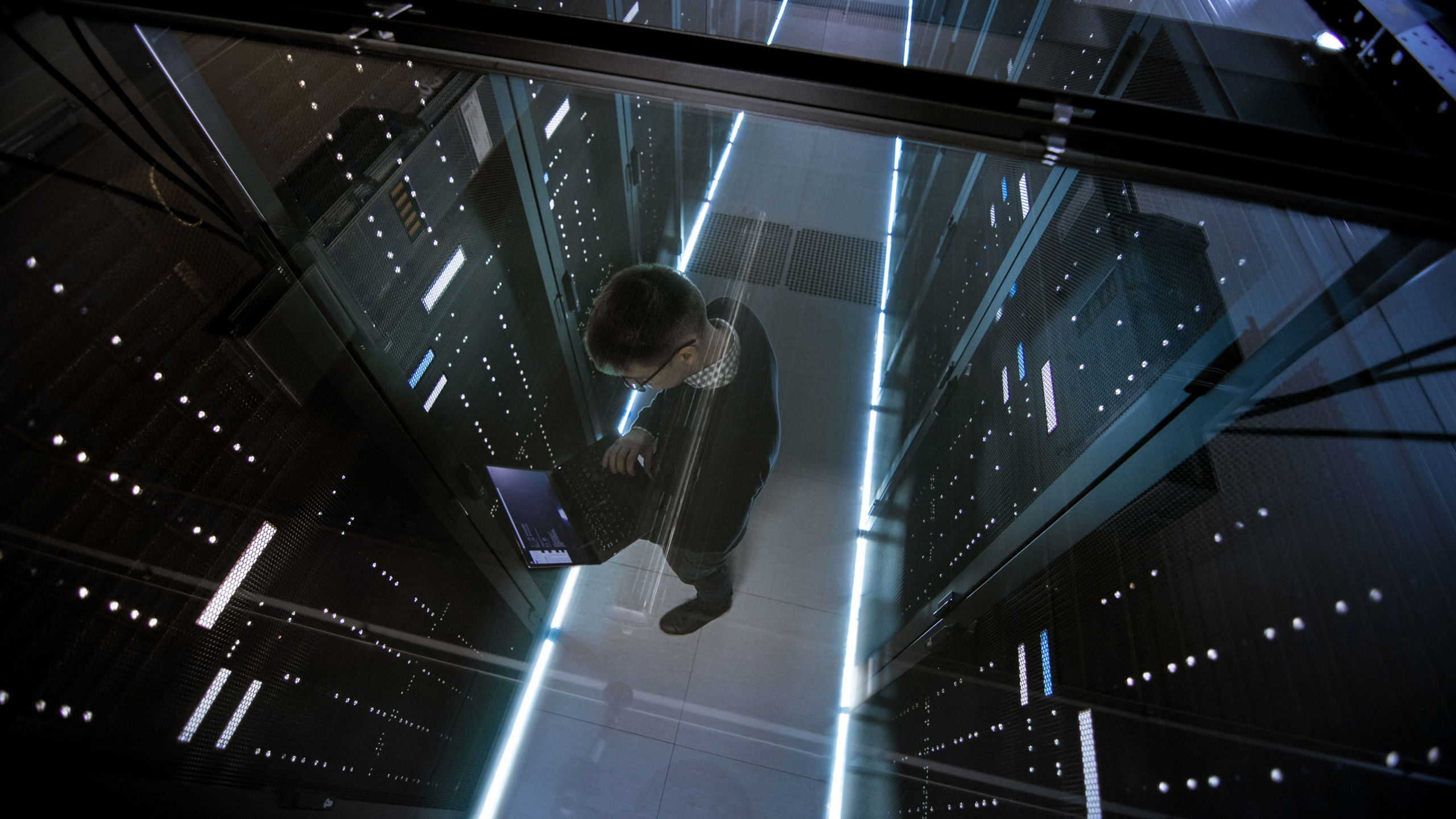
IT experts in Statkraft gather regularly to discuss data and digitalisation in the green energy shift.
Is data our new renewable resource?
Can mountains of data save the future? We address these and many other questions when 30 clever Statkraft employees come together to compete in a "Hackathon" on digitalisation and the green energy shift.
The enthusiastic IT business developer is having a good day at work in Statkraft.
"And we’ll win with our ideas and suggestions!" she says, and admits that her competitive instinct is "a little above average".
Watch a video from the Hackathon gathering
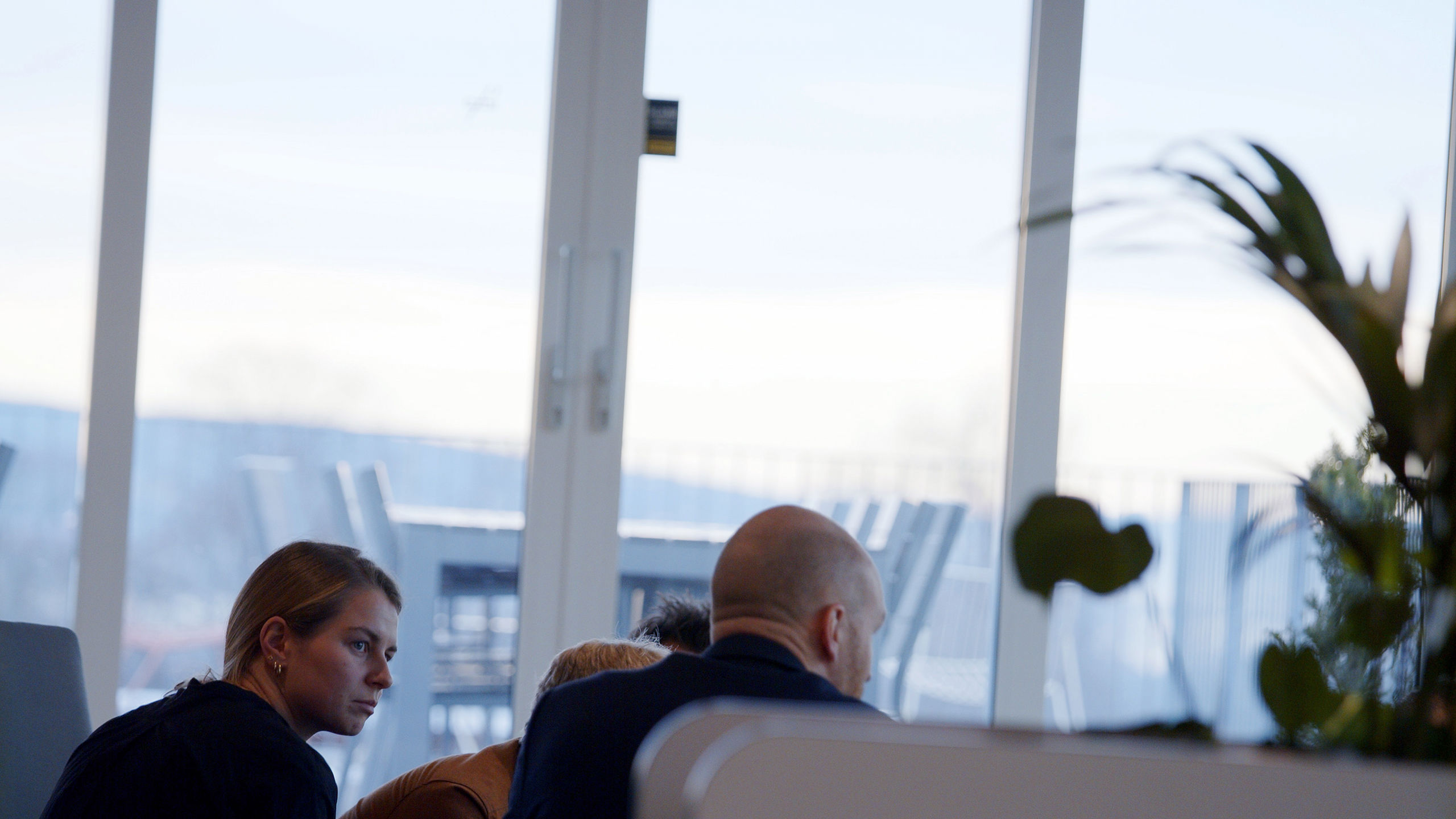
From the gathering at Statkraft's headquarters in Oslo just before Christmas 2021.
Two days have been set aside for interested employees across Statkraft to focus on concrete issues based around the themes of "Digitalisation and the green shift."
The central challenge is how to efficiently use data to optimise the production and delivery of renewable energy.
Many areas of expertise within the company are represented, but it is definitely the employees with an IT background who represent the largest group. After all, it is these employees who are working directly to help Statkraft develop its data and digital system capabilities so that we can continue to create energy from water, sun and wind.
"IT is a competitive space for talent, and Statkraft is no different in our need for smart people," says Rune Sundling, event manager and head of the Digital Centre of Expertise at Statkraft.
"Statkraft is growing quickly as a company in both Norway and abroad, and we have a large number of technology-related opportunities to seize in the future. There are so many choices for IT talent today, but what sets Statkraft apart is definitely the strength of our mission and purpose, combined with our culture of support and learning and cutting edge technology.”
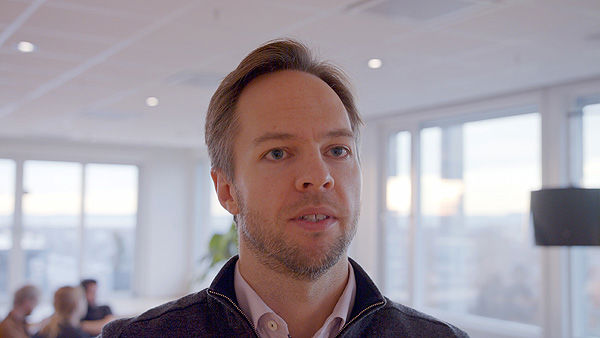
Digitalised power production
Statkraft's core business is managed by hydrologists and wind power technicians, but also by larger digital ecosystem. Artificial intelligence, coding and data analysis – and the digital infrastructure itself – are just some of the areas of expertise of the 350 employees who work in IT and digitalisation across 18 countries in Statkraft.
In this increasingly digital ecosystem, data is playing a bigger role. Just look at the quantity alone: hundreds of millions of data points are processed every day within Statkraft's integration environment.
So how do you make the most of such an enormous amount of data?
"This is one of the many exciting opportunities that data gives us in Statkraft. Data and insight drive how we operate," says Sundling.

From the solar park Cabrera Solar in Andalucia, Spain.
Could you imagine yourself working closely on the operation and optimisation of Statkraft's hydro, wind and solar power plants, which are among the most advanced in the world? Or protecting the energy resources of the future from cyber threats?
"Statkraft is much more of a technology company than most think. And to ensure that we find solutions for the future, we must collaborate across subject areas and technical disciplines to innovate and grow," says Sundling.
"We are in many ways the best kept secret of the energy sector and surprisingly we are also among the largest technology companies in Norway. We have large scale development departments and many employees joining us with IT expertise or developing their skills in-house. Now with the pace of growth at Statkraft, we require even more talented and bright people to share their skills and knowledge with us.“
Sundling explains that this particular Hackathon, called "Business for the Future”, is focused on creative problem-solving processes where participants focus on real life business challenges for Statkraft. The various groups present their proposed solution to a jury that selects a winner.
"It’s about approaching the challenge from all angles and coming up with an idea that is innovative, possible to implement and also has great growth potential," says Sundling.
"For participants who attend, we want them to network and connect with other like-minds, have an amazing learning experience to satisfy their curiosities and also be able to push themselves to think boldly and bravely. This event is really for them and if we are fortunate enough to end up with some tangible ideas to develop further, it is an added bonus.
"The fact that this event attracted so many different backgrounds and profiles from across the company says a lot about the future of Statkraft,” says Sundling.
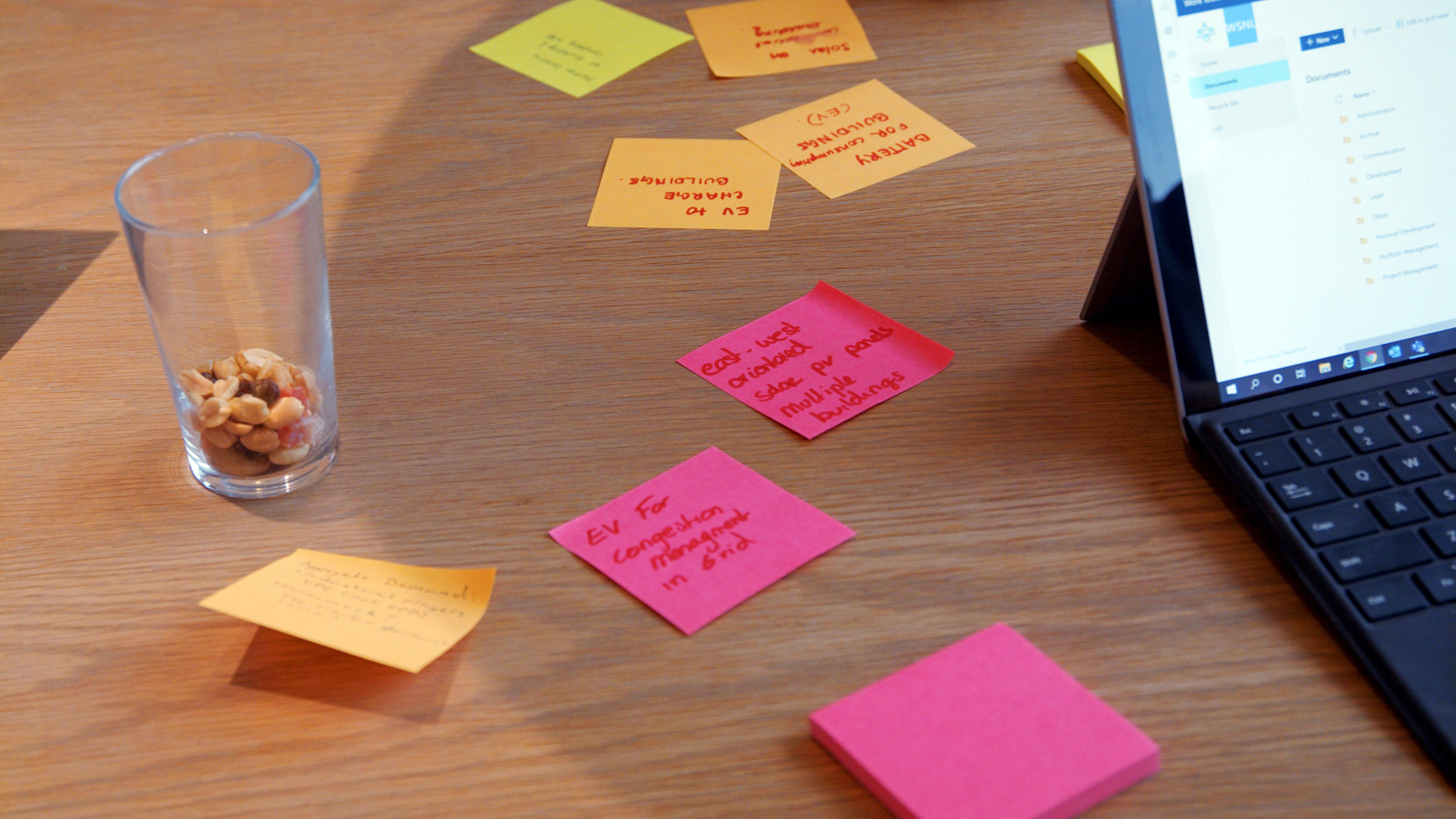
Post-it notes are posted, group dynamics are formed and ideas are generated. Some survive and some are scrapped.
Exciting challenges
Do you have ideas on how one or more of the challenges below should be solved?
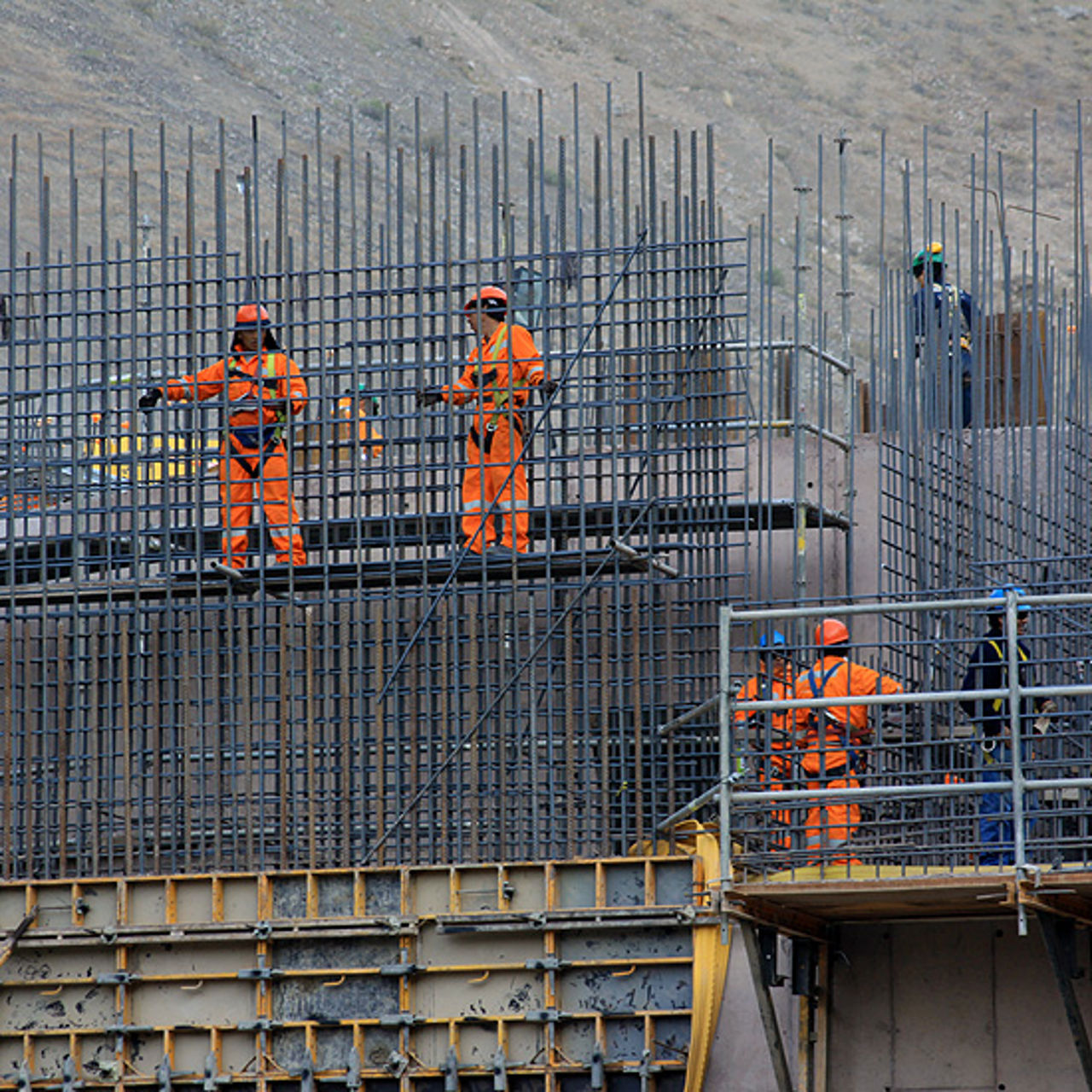
Challenge 1: Optimisation of energy tools
How can Statkraft play a role in optimising power production, power consumption and energy storage in buildings and on production sites?
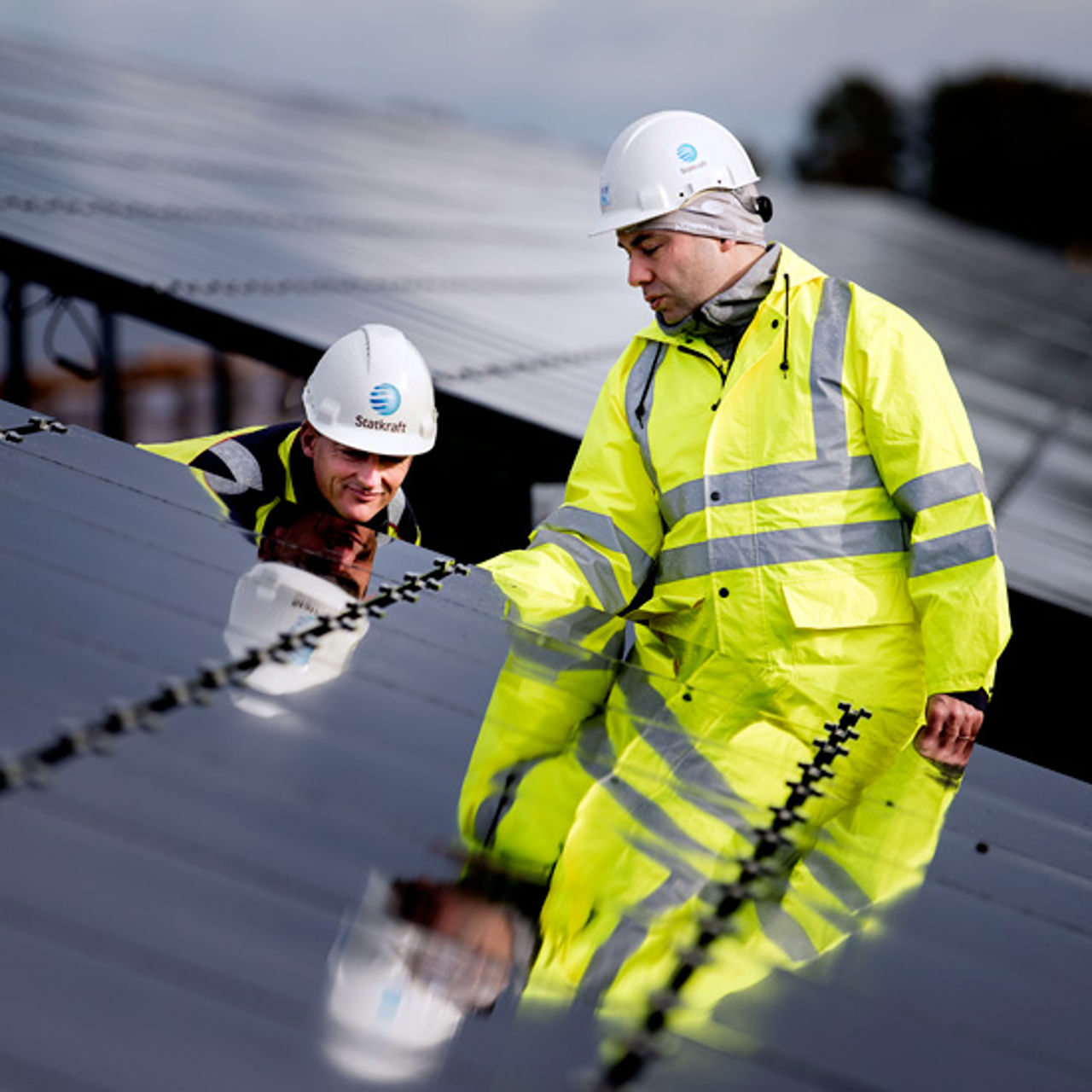
Challenge 2: A circular renewable industry
How can Statkraft's business become more circular? For example, by recycling and reusing solar cells and other production equipment?
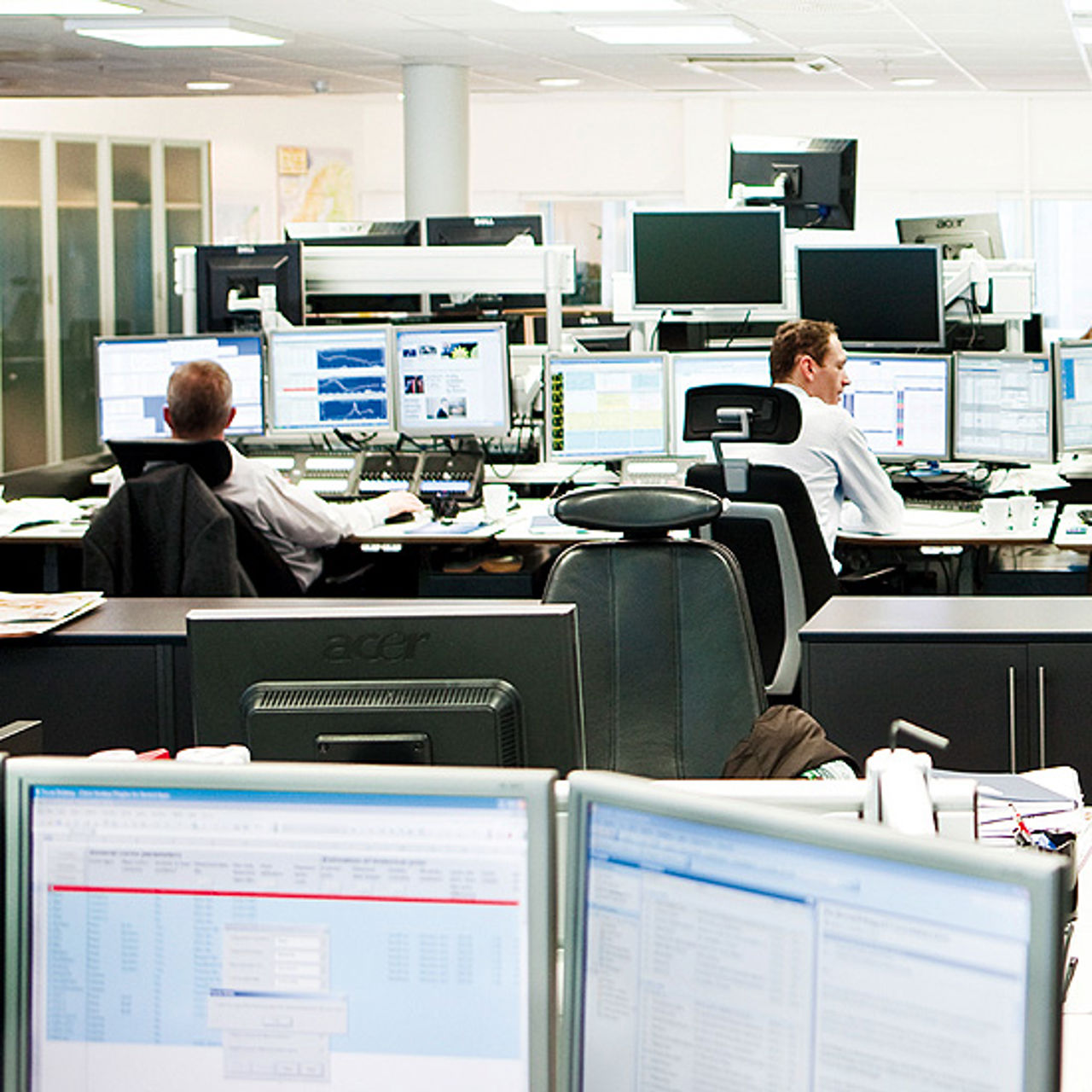
Challenge 3: Data as a new business opportunity
How can Statkraft create new business opportunities by taking advantage of the huge amount of data in the company?
Technical expertise meets good market instincts
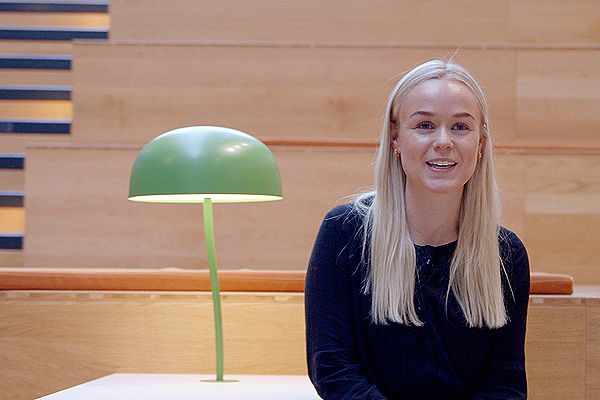
Working together as a team and collaborating is an important part of participant Caroline Bjånesøy’s working day.
In her role as an IT business developer, she works at to build bridges between IT and business, and works to find the best solutions for these two areas to work together and achieve mutually beneficial outcomes. It is a great way to show the impact of IT and technology on business and why collaboration between the two is essential.
"When people with different backgrounds and expertise come together, it encourages innovation and is proven to generate better ideas. The Hackathon is a great way to show the impact of this so we can take this into our everyday life."
Interesting challenges
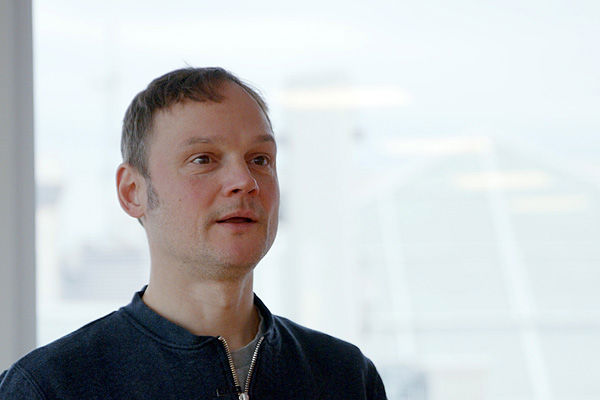
At the other end of the room, we find one of Statkraft's software developers, Alexander Esser. He gestures and explains his suggestions to the group.
"Everyone in our group already knows each other, so we save time with introductions and can go straight to the task," Esser says with a smile. He usually works with system development for internal applications, but has taken time away from his day job to push his mind to new heights at his third Statkraft Hackathon.
"A Hackathon presents interesting challenges, especially when, as in this event, you are mixing technical expertise with business. In addition, a Hackathon provides an opportunity to try new technologies and experience as to how others think. Your own idea isn't necessarily the best one and that is okay," he says humbly.
"But I still hope to win this competition with the best solution to a challenge!"
Applying a broad range of expertise is something Alexander Esser believes is important to helping solve the challenge in the best possible way, but also to develop Statkraft for the future.
"Statkraft is built on hydropower and other renewable energy, but there are also many other areas of expertise that are important to making the whole company work; from cutting-edge expertise in data and system development to domain experts in hydrology and optimisation of hydropower," he says.
